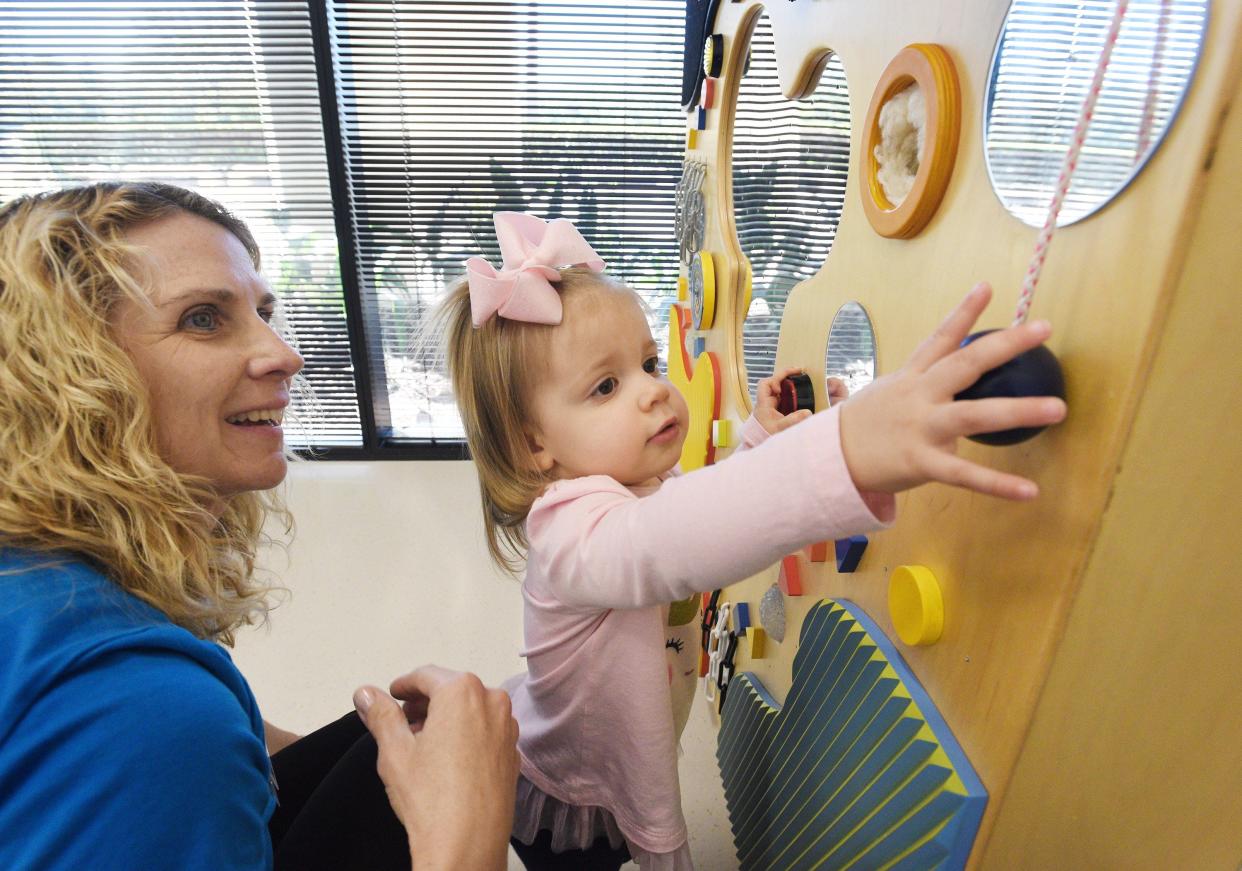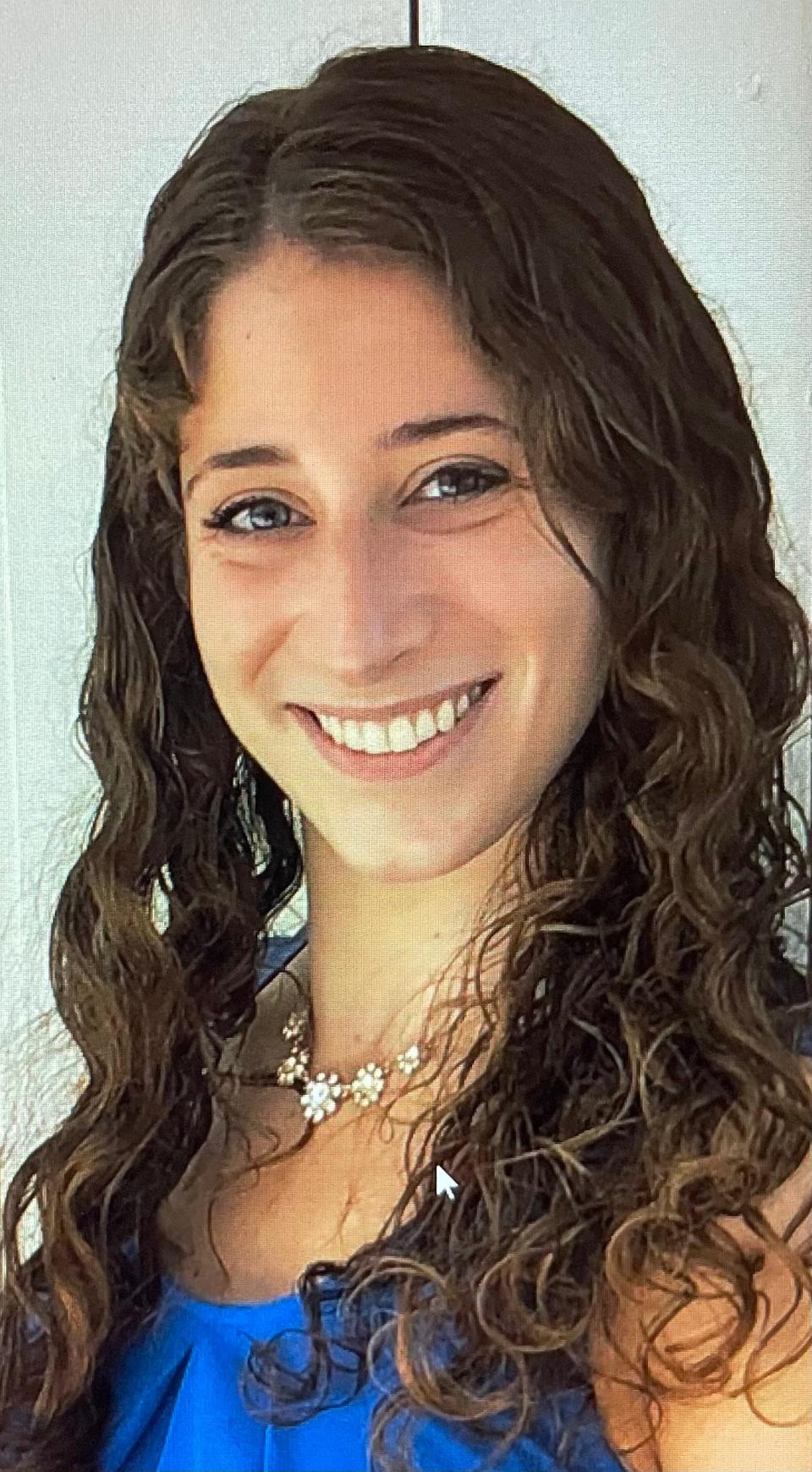Ponte Vedra doctoral student: Celebrating the impact of occupational therapists

While April is a month of many celebrations, including Easter (typically), Passover and Earth Day, I wanted to bring to your attention the month-long celebration of my profession, occupational therapy. To me, occupational therapy practitioners are often the underdogs of rehabilitation as we are commonly mistaken for physical therapists.
However, our value in health care is unmistakable and our impact on patients’ lives is life-changing.
Occupational therapy practitioners aim to improve patients' lives by using everyday activities (also referred to as occupations) to foster health, well-being and participation in activities of daily living. The occupations we focus on include bathing, toileting, dressing, feeding, mobility and grooming; along with instrumental activities such as caregiving, community mobility, financial management and home maintenance.
Other occupations we address include medical management, sleep, education, work, leisure, play and social participation. Unlike other professions, our practice is not limited to one setting; therefore, you may see us working in hospitals, schools, nursing homes, rehabilitation facilities, private practices or community organizations.
Our profession includes providing education, evidence-based intervention and psychosocial services to our patients to best support their participation and engagement in meaningful life activities. We collaborate with our patients across the lifespan to create goals and interventions that maintain or improve skills needed to engage in activities that are meaningful to them.
This may include teaching older adults fall prevention strategies so they are able to remain in their own home, providing techniques for patients with amputations on how to get dressed or conducting cognitive skills training for older adults with dementia or memory decline. In pediatrics, our services focus on building skills needed for children to participate in their daily activities of play, self-care, education and attaining developmental milestones.
Letters: Proposed titanium mine near Georgia wildlife refuge will affect Northeast Florida
These services may include activities for hand strengthening and coordination to put on socks, games that foster imaginative play to advance cognitive skills and providing sensory input to improve self-regulation and attention. These few examples provided are just the tip of the iceberg in describing the scope of occupational therapy.
Let's spread awareness of our amazing profession of occupational therapy this month. By bringing recognition to what we do, we can inform others about our impact and scope for those who may benefit from our services.

Jessica Goldman is an occupational therapy doctoral student at the University of Florida. She lives in Ponte Vedra.
This guest column is the opinion of the author and does not necessarily represent the views of the Times-Union. We welcome a diversity of opinions.
This article originally appeared on Florida Times-Union: Occupational therapists help patients through everyday activities

